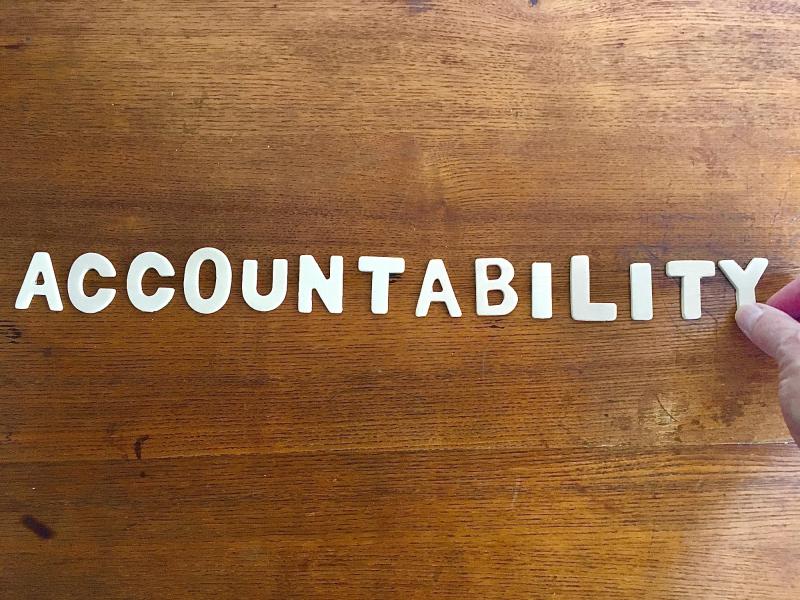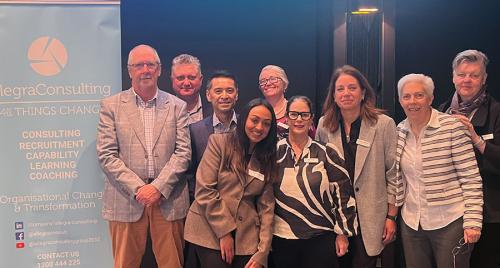
When we talk about culture within an organisation, we are really talking about 'the way we do things around here' or, more specifically, 'the way we do things around here to be accepted and rewarded'.
Building a culture of accountability within an organisation can be a challenging process, but it is essential for the success and growth of the organisation. So how can organisations build a culture of accountability where individuals are (willingly) answerable to their peers and managers?
Set clear expectations
Create a clear and concise set of expectations for staff. Ensure that everyone knows what is expected of them regarding goals, performance, and behaviour.
Foster transparency
Encourage an open and honest environment where staff feel comfortable sharing their challenges and successes. Transparency helps promote accountability and allows everyone to learn from each other's mistakes.
Conduct regular check-ins
Schedule regular check-ins with staff to discuss their progress, issues, and challenges. Use these check-ins to help them stay on track and stay accountable.
Reward accountability
Celebrate when staff take ownership of their work and accountability for their actions. Recognise successes and improvements and provide incentives to encourage accountability.
Address non-accountability
Address any cases where staff are not being accountable. Be willing to have difficult conversations and take appropriate action to address the issue.
Lead by example
As a leader, modelling accountability in your behaviour and actions is crucial. When leaders hold themselves accountable, it sets the tone for the rest of the organisation.
Levels of accountability are directly related to the level of trust, engagement and ownership within an organisation. Line managers play a pivotal role in generating high levels of accountability in their people. Leaders must consistently convey cultural messages through behaviours aligned to the culture – not behaviours that contrast or contradict. This involves 'doing what they say they are going to do' and 'saying what they mean', which builds trust to which engagement and ownership can eventually be added.











